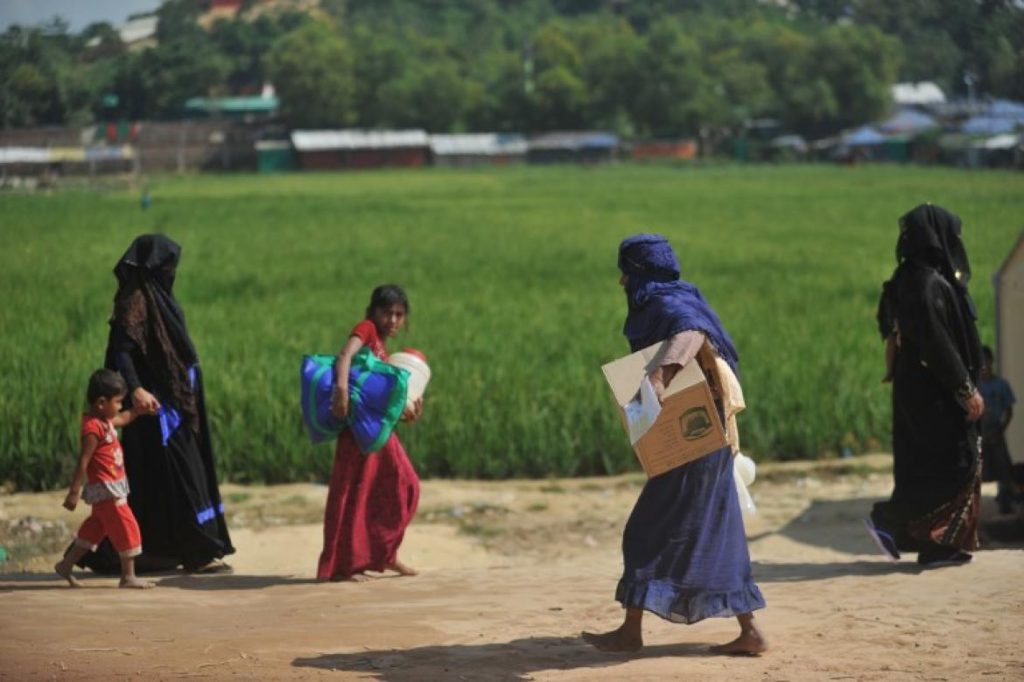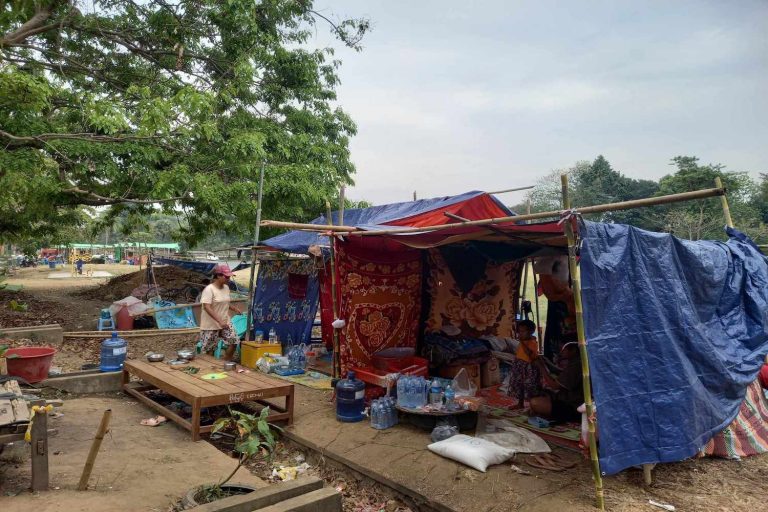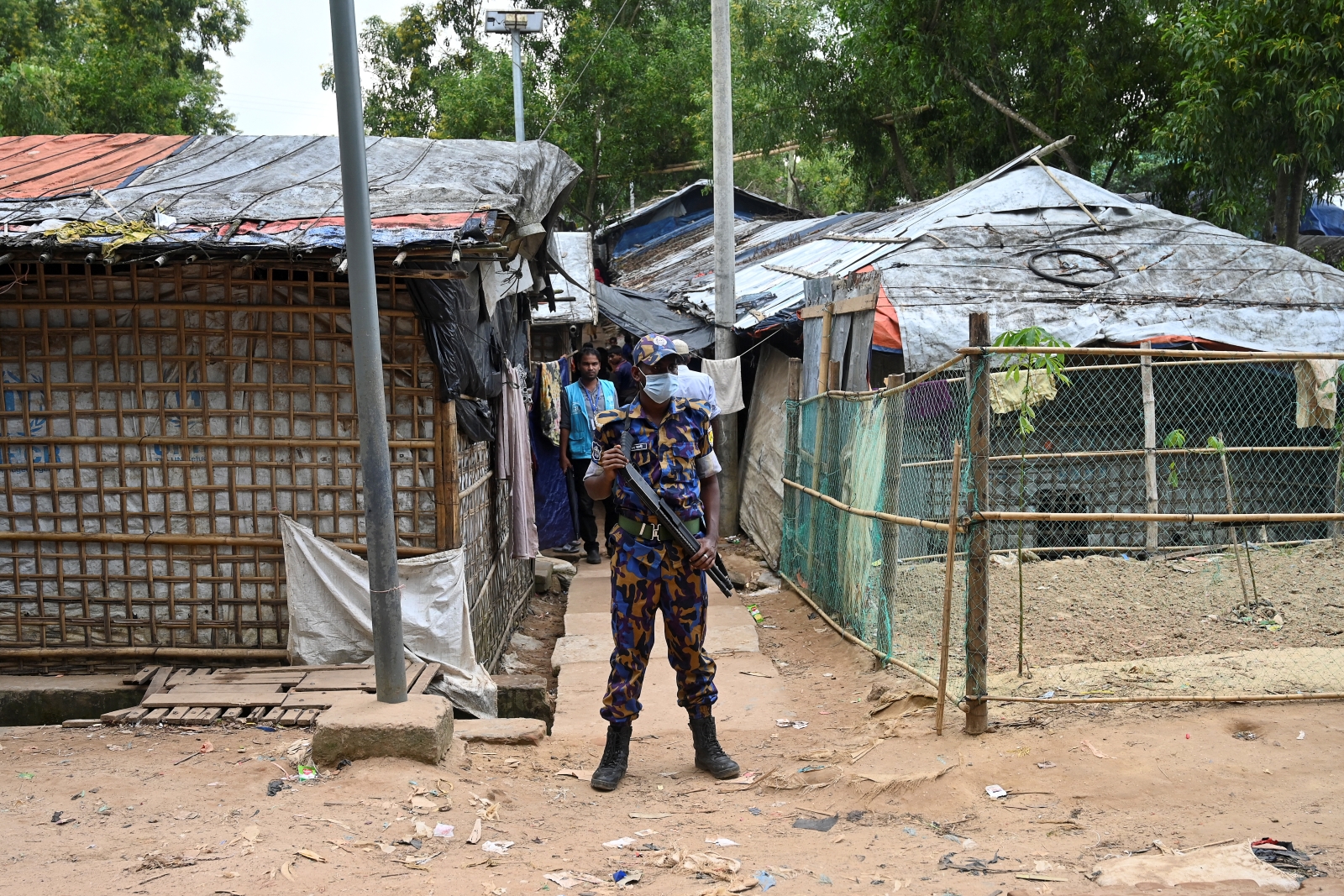By FRONTIER
YANGON — The imminent planned repatriation of Rohingya from Bangladesh to Myanmar could risk triggering violence on both sides of the border and should not proceed, the International Crisis Group has warned.
“Bangladesh and Myanmar should immediately halt the plan” to begin repatriating 485 Rohingya families, totalling 2,260 people, from November 15, the Brussels-based think-tank said.
“These people were not consulted in advance and how they were selected is unclear; they are terrified at the prospect of being returned to Myanmar,” the ICG said.
It said the United Nations and its refugee agency were also not consulted in advance on the repatriation plan, agreed by Bangladesh and Myanmar at a meeting in Dhaka on October 30.
Support more independent journalism like this. Sign up to be a Frontier member.
“The UN has stressed that the move is premature and that it does not yet consider conditions on the ground in Rakhine state conducive to returns,” the ICG said in a November 12 report, Bangladesh-Myanmar: The danger of forced Rohingya repatriation.
It called on the United States, European Union, Australia, Canada and others, as dialogue partners of the Association of Southeast Asian Nations, to press Myanmar at the ASEAN summit meetings in Singapore from November 11 to 15 to halt the plan.
“ASEAN countries have a direct stake, since forced returns will likely lead to a surge in Rohingya seeking to flee by boat to Thailand, Malaysia and Indonesia,” the ICG said.
The report noted that Bangladesh and Myanmar had agreed a procedural framework for repatriation in November 2017 that was due to start on January 23, “but no Rohingya refugee has returned through official channels”, and about 16,000 had left Rakhine for Bangladesh so far this year.
It said although the two countries had held many meetings and made announcements about repatriation plans over the past year, Bangladesh had pushed recently for a limited returns process for two main reasons.
The first was due to pressure from China, which has leverage over Bangladesh, as it does over Myanmar, because it is a major investor. The second was concern in Dhaka about what it sees as “an emerging global consensus that most refugees are unlikely to return home for the foreseeable future and a shift in Western donor focus to their local integration”.
The report said Myanmar also sees a limited repatriation as serving its interests.
“Naypyitaw hopes that a small number of returns would demonstrate to a sceptical world that it is ready to welcome Rohingya back, shifting the focus away from the reasons why they originally left – and thereby weakening, it believes, the basis for claims of ethnic cleansing and genocide,” the ICG said.
It recommended that China should stop pressing for an early repatriation and lend its weight to efforts by other governments and organisations to create conditions in Rakhine that are conducive to a safe, voluntary, sustainable and dignified return.
The onus was squarely on Myanmar to create those conditions, the ICG said.
It urged the government to allow unfettered access for the UN and its international NGO partners, as well as the media, to northern Rakhine for the delivery of essential humanitarian support and to allow independent assessment of the situation on the ground.







